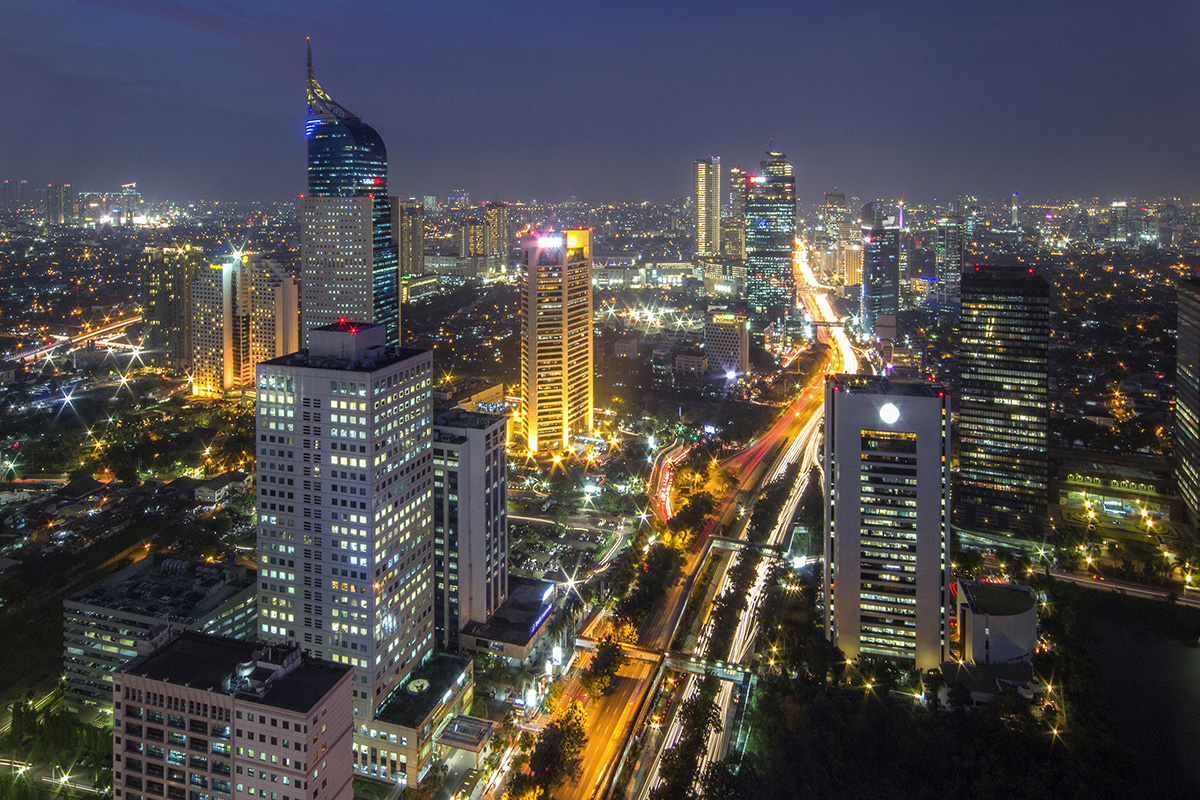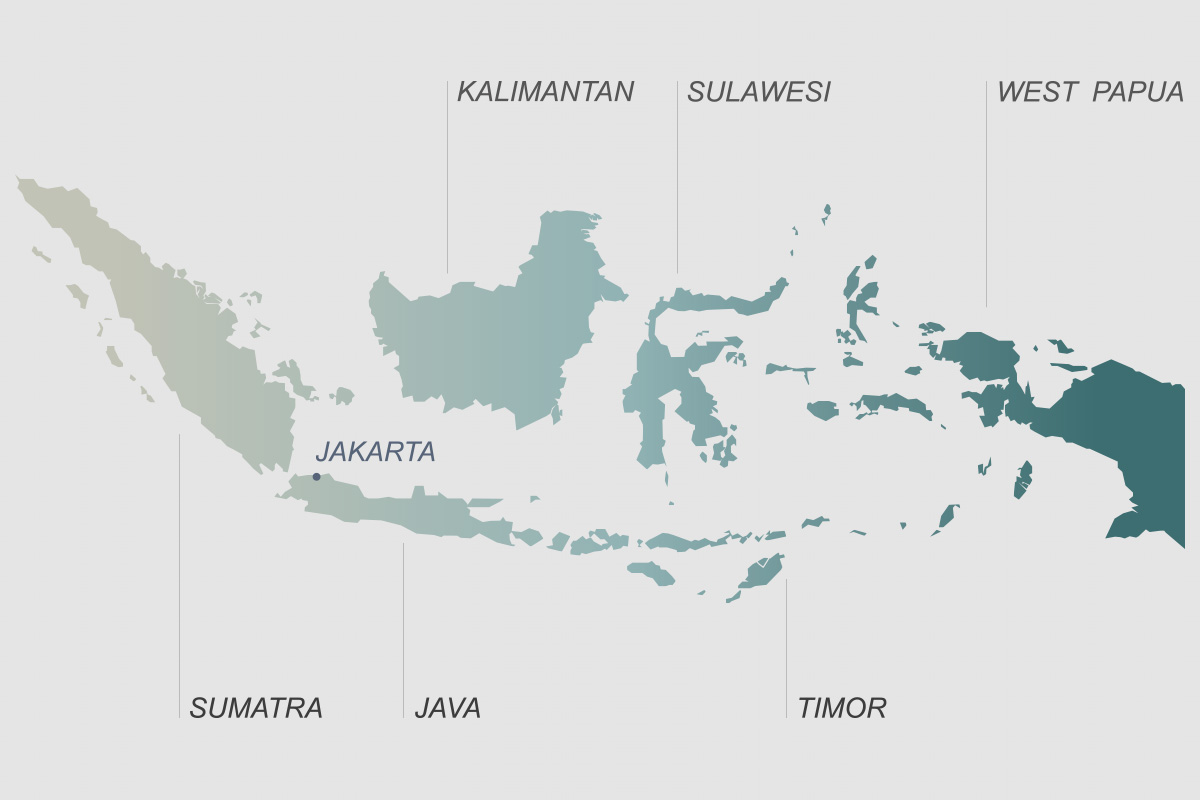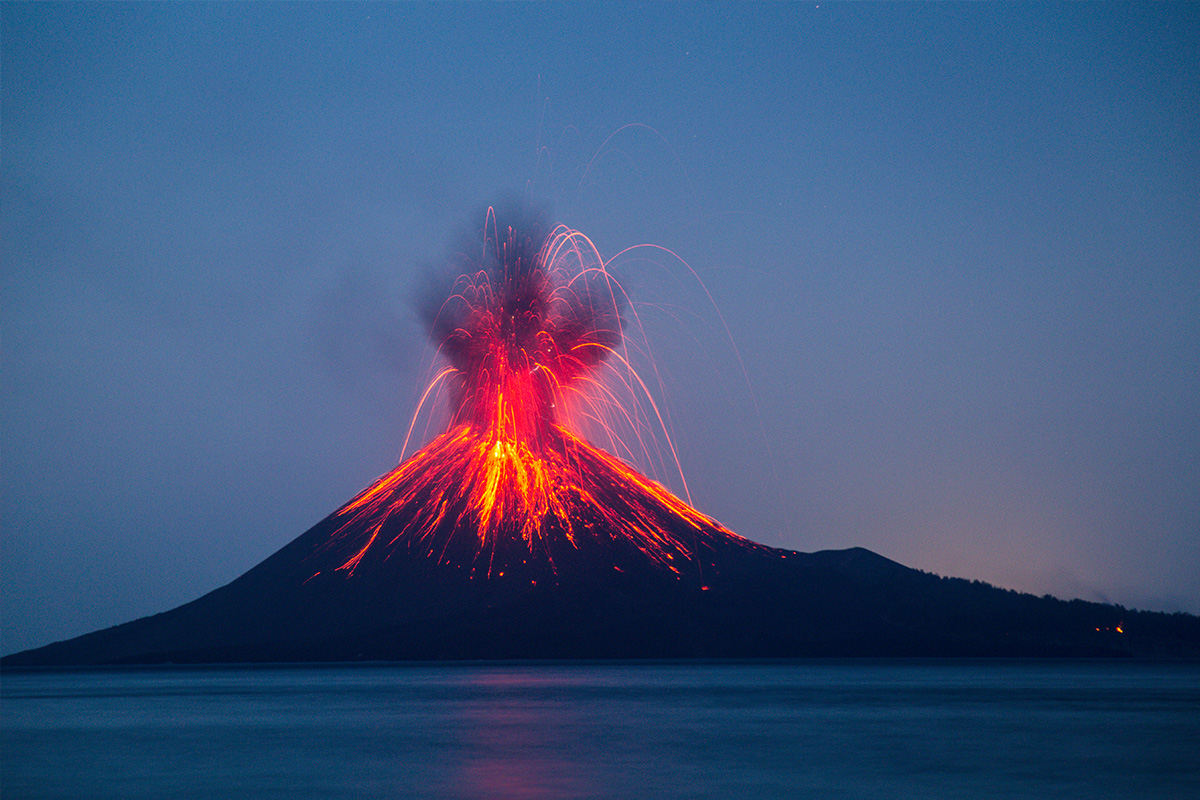May 24, 2020
Automation Technology in Paradise
For 20 years, Pepperl+Fuchs has been manufacturing industrial sensors and components for electrical explosion protection at a vacation spot that draws countless tourists every year: Indonesia. No longer just a tourist magnet, this growing economy wants to drive local digitization and automation. The Indonesian facility is vital for Pepperl+Fuchs.

Spread over 17,500 islands with a total surface area of around 1.9 million km², Indonesia is located south of the Malay Peninsula in the Indian Ocean. A tropical climate, white sand beaches, active volcanoes, religious buildings, and colorful wildlife attract millions of vacationers to the world's largest archipelago every year. Whether you want adventure, culture, or beaches, Indonesia offers endless possibilities for discovery and recreation. It would probably take several months to travel around the whole country and visit all of its islands.
Indonesia: A Growing Market
Indonesia's consistent economic growth in recent years has turned it into more than just an international tourist destination. Economic experts predict that the island nation will be the world's seventh largest economy by 2030. Alongside the two largest sectors—agriculture and tourism—manufacturing now accounts for around one fifth of the Indonesian economy. With its 'Making Indonesia 4.0' strategy, the country aims to significantly expand this industry in the coming years: Digital infrastructures should drive the technological upswing, with particular focus on automation, sensor technology, and the Internet of Things. The initial push for new technology will focus on the food processing, textile, automotive, electronics, and chemical industries to modernize production processes, increase efficiency, and implement new approaches and business models in line with Industry 4.0.
This initiative creates new opportunities and markets in Indonesia for automation technology manufacturers such as Pepperl+Fuchs, since innovative products and solutions are crucial for implementing Industry 4.0 applications. However, it was not the government's strategy for the future that first caught the attention of the industrial sensors and explosion protection specialists. One of around 300 German companies with sites in Indonesia, Pepperl+Fuchs is as optimistic about the development of its 20-year-old manufacturing plant in Bintan as it is about increasing automation in the country.
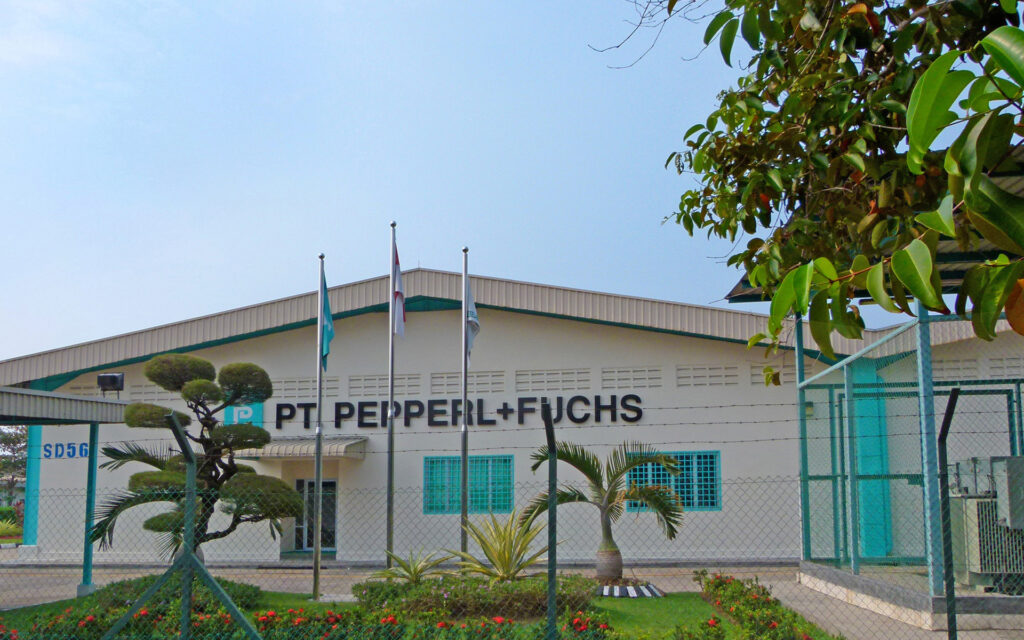
More Than Just a Vacation Spot
The Pepperl+Fuchs plant in Indonesia is located on one of the country's many islands—Pulau Bintan—located just 50 km from Singapore and famous for its vacation resorts and long, sandy beaches in the north. In 2000, the company opened a production facility at the Bintan Industrial Estate with 60 employees. The original facility was just 'an extended workbench,' reports Jürgen Seitz, Executive Vice President Production Asia. The island and its expanded industrial area appealed to Pepperl+Fuchs primarily because of its proximity to the Asian headquarters in Singapore, which makes it convenient for transporting products.
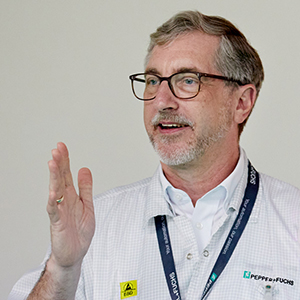
A lot has happened there since then. "Since it opened, our Indonesian facility has grown significantly. With more than three million products manufactured each year, the team of over 600 employees is responsible for around 20 % of the Pepperl+Fuchs Group's production capacity," Seitz points out. "Production in Indonesia is an essential part of our supply chain and is highly valued by Pepperl+Fuchs."
Efficient Production for Industry 4.0
The facility's significance to the company is clear from the semi-automated production: More than 7000 different preliminary and finished products are manufactured in Bintan, including coil systems, oscillators, amplifiers, entire sensors, and explosion-protection components. Like the products, the production structure itself is designed with the future in mind. As with other Pepperl+Fuchs manufacturing plants, it is organized into total production units (TPUs).
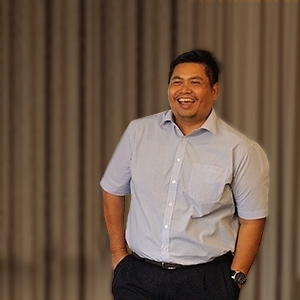
Each of the four TPUs performs all functions, enabling every production step for a product or product segment to be carried out within a single unit. This prevents unnecessary wait times and delays in the production process. "The self-contained and largely independent production units and our standardized processes enable us to act very quickly and flexibly," explains Jumari bin Jamal, Director of Operation Bintan. "Our production therefore allows agile, efficient production, which is an increasingly important part of Industry 4.0."
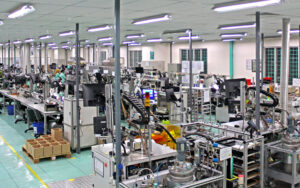
Initially, the components are transported from Bintan to the nearby Asian headquarters in Singapore. Via the connected Global Distribution Center, they are sent to plants all over the world—including the growing automation market in Indonesia. Pepperl+Fuchs products and solutions can contribute significantly to Indonesia's industrial plans by helping companies automate and digitalize their plants, thus boosting efficiency.
Investment in the Facility
With its flexible production system and extensive portfolio of automation technology, Pepperl+Fuchs is ideally positioned for 'Making Indonesia 4.0' in several ways. But helping drive the automation of manufacturing plants in Indonesia—and with it the country's development toward Industry 4.0—is not Pepperl+Fuchs' only contribution: 'With our significant presence in Bintan, we are boosting the economy and expanding the local infrastructure,' Jamal explains. 'This makes Bintan and Indonesia attractive to other companies and a viable location for industrial facilities.' This supports the Indonesian government's plan for foreign companies to invest more in Indonesia and thus contribute to the development of the economy. Pepperl+Fuchs is already involved in this plan and will continue to rely on the growing facility as an essential part of its supply chain.

